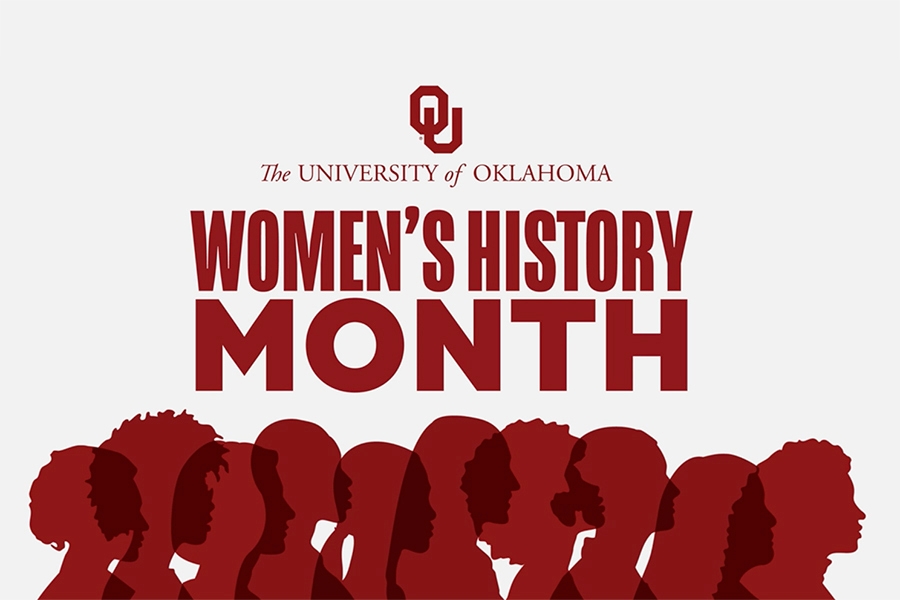Women’s History Month is celebrated each March, highlighting the contributions of women to events throughout history and corresponding with International Women's Day on March 8. The Journal of Women’s History, which showcases this history in its quarterly, peer-reviewed scholarly publication, is co-edited by Jennifer Davis, Ph.D. and Sandie Holguín, Ph.D., both faculty in the Dodge Family College of Arts and Sciences at the University of Oklahoma.
“The JWH was founded in 1989 because the editors realized that there was an incredible amount of women’s history being published, but was difficult to discover because it was in many different interdisciplinary journals,” Holguín said. “Today, the Journal has become a forum for writers of women’s history around the world, across time and space.”
Davis was first introduced to the Journal of Women’s History as an undergraduate and quickly learned that it was an invaluable resource for making sense of historical problems.
“It was my first introduction to scholarship that was written and edited in a way that was accessible to a non-specialist. So, when my colleague (Holguín) suggested that we bring the Journal to OU, I signed on right away,” Davis said. “This was such an influential journal on my own career, and I knew the impact it could have on young people, so I wanted to be a part of it.”
In 2023, the Journal of Women’s History is the premier publication for scholarship in women’s history in the world and maintains a reputation as one of the most important places for writers to publish their work.
“The JWH is unique because it is a one-stop shop for all things women and gender history,” Davis said. “We strive to connect with a wide readership, so we make sure that the most innovative, most cutting-edge scholarship continues to inform students and activists who are mobilizing around key issues in society.”
One thing on which both editors agree is that women’s issues are human issues. Reproductive rights, property rights, political leadership, patterns of inheritance and naming are all issues at the forefront of the publication.
“We take steps in the Journal of Women’s History to speak to the diversity of women, to include all women that call themselves women. Black women are women. Transwomen are women,” Davis said.
Reproductive justice, abortion and contraception are issues at the forefront of state and national legislation in the United States. Over the past 30 years, the Journal of Women’s History has addressed these issues head on.
“We have articles going back to the early 1990s from around the globe that allow researchers to examine how people in the past dealt with these issues,” Holguín said. “You quickly realize that human beings are human beings across time, and certain problems aren’t easily solved. The Journal tries to showcase that.”
The editors also take great pride in helping younger historians, those who are in graduate school or early in their career, publish their work in the pages of the Journal of Women’s History.
“We’re on the front lines of training the next generation of women’s historians. For many writers, their first publication is in the JWH. To be part of the process is really exciting and rewarding,” Davis said.
To learn more about the Journal of Women’s History, listen to their podcast or see their women’s history syllabi bank, visit their website and follow them on Facebook or Twitter.


